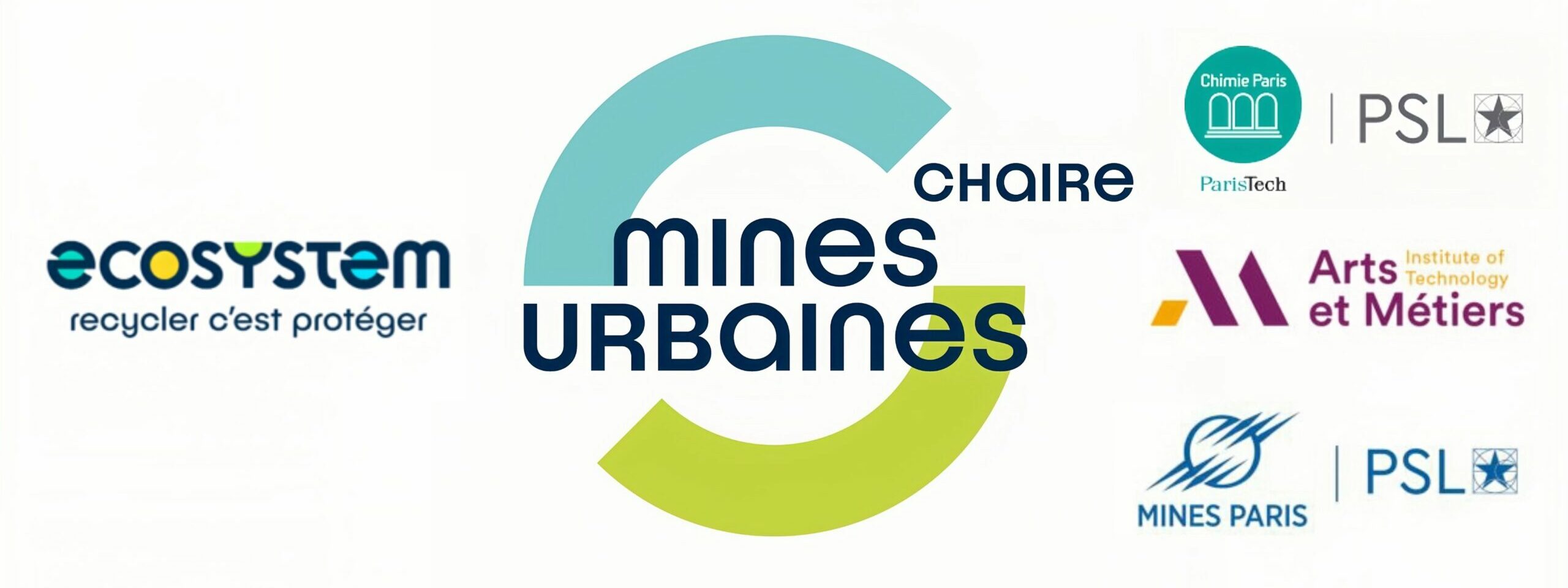
Waste Electrical and Electronic Equipment (WEEE) contains many recyclable materials.
Waste electrical and electronic equipment (WEEE or WEEE) comes from electrical and electronic equipment (EEE) at the end of its life. These EEE bring together several categories of devices, such as small and large household appliances, computer and telecommunications equipment, screens, etc.
The exponential increase in this waste is a real concern. A record 53.6 million tonnes of WEEE were generated globally in 2019, up 21% in just five years, according to the Global E-waste Monitor 2020.
Rich in plastics and metals, these WEEE can be considered not only as waste but as real “urban mines”, available and widespread in our society. Indeed, WEEE can play the role of secondary source for many strategic and even critical materials, varied and continually renewed. In the current context of depletion of natural resources, the exploitation of these secondary resource mines (as opposed to the geological extraction of metals and minerals) is essential to the development of an environmentally friendly circular economy. and citizens.
The WEEE collection, depollution and recycling sector is already mature in France. However, the complexity of this waste still prevents the effective recycling of certain materials of strategic interest for the French economy.
Eager to develop new recycling sectors from urban WEEE mines, the eco-organization ecosystem created, in 2014, the Urban Mines research and teaching chair, in partnership with the ParisTech foundation and three major schools: Arts and Trades, Chemistry ParisTech and Mines Paris – PSL. This chair was renewed in 2019 and 2024. It is today financed as part of ecosystem sponsorship which has relied since 2022 on the Mines Paris foundation.
Click here to watch the Urban Mines Chair video.
